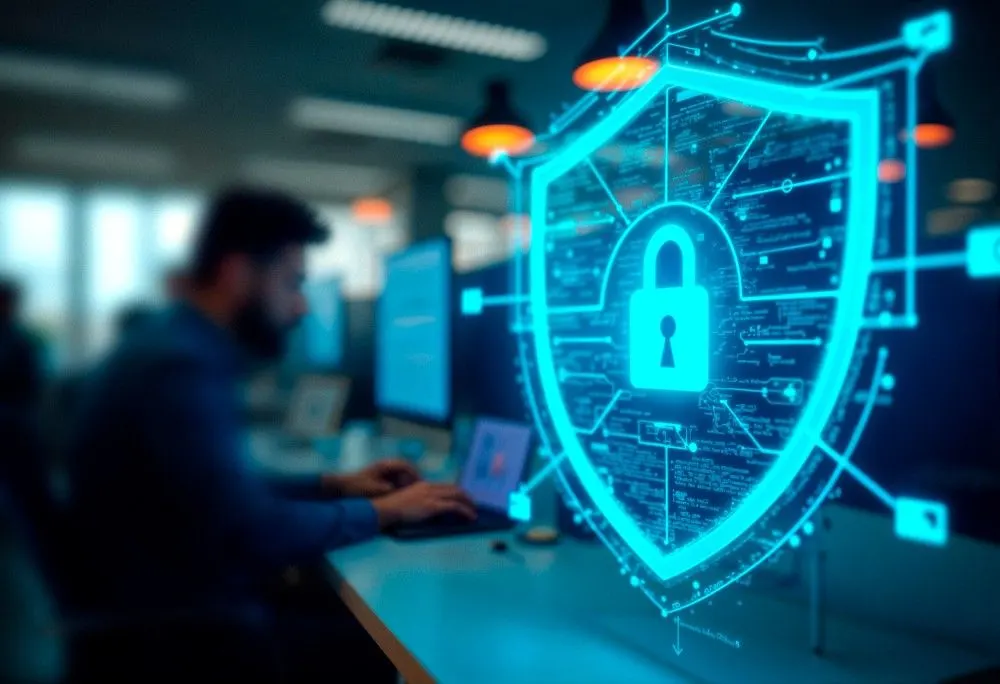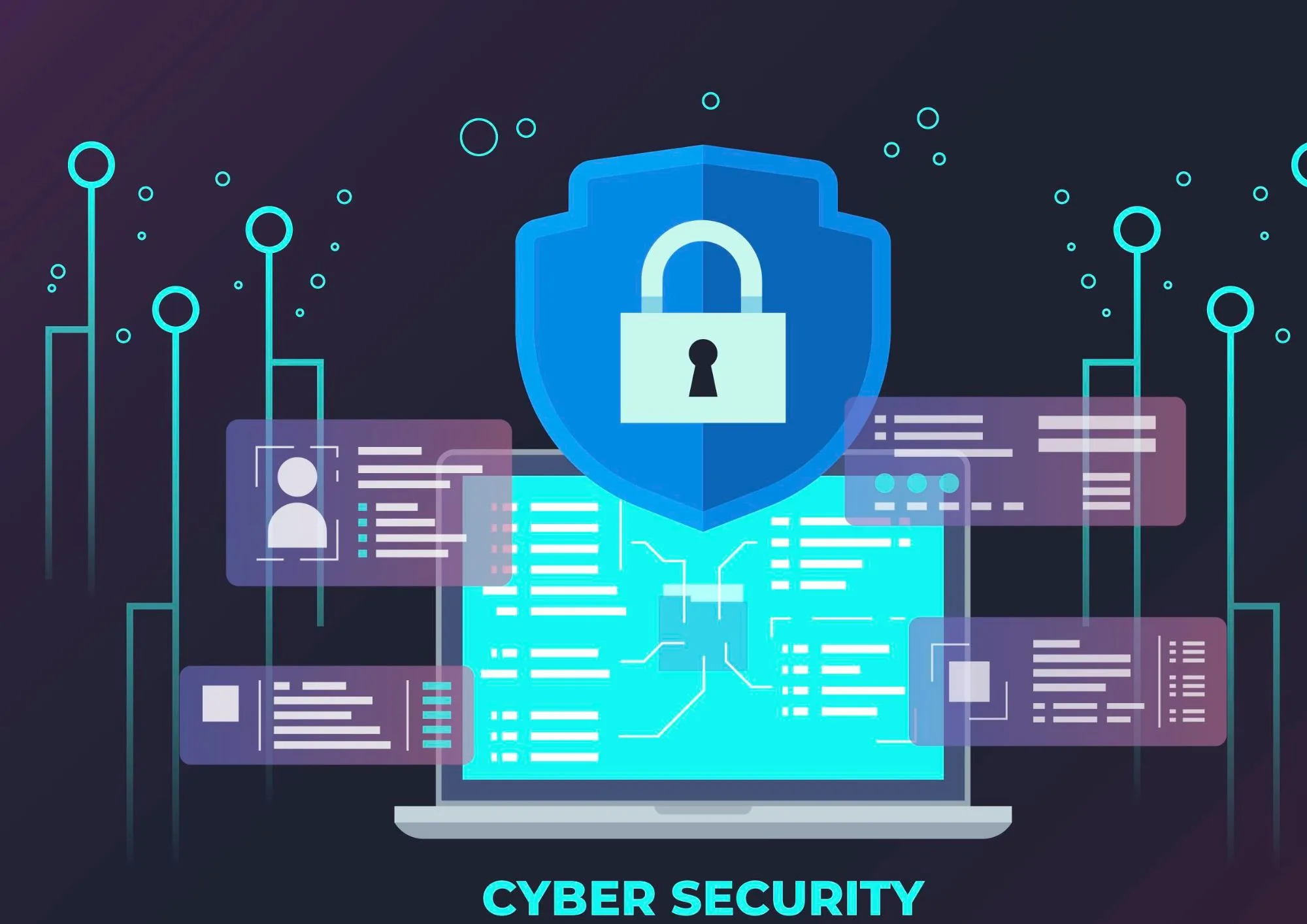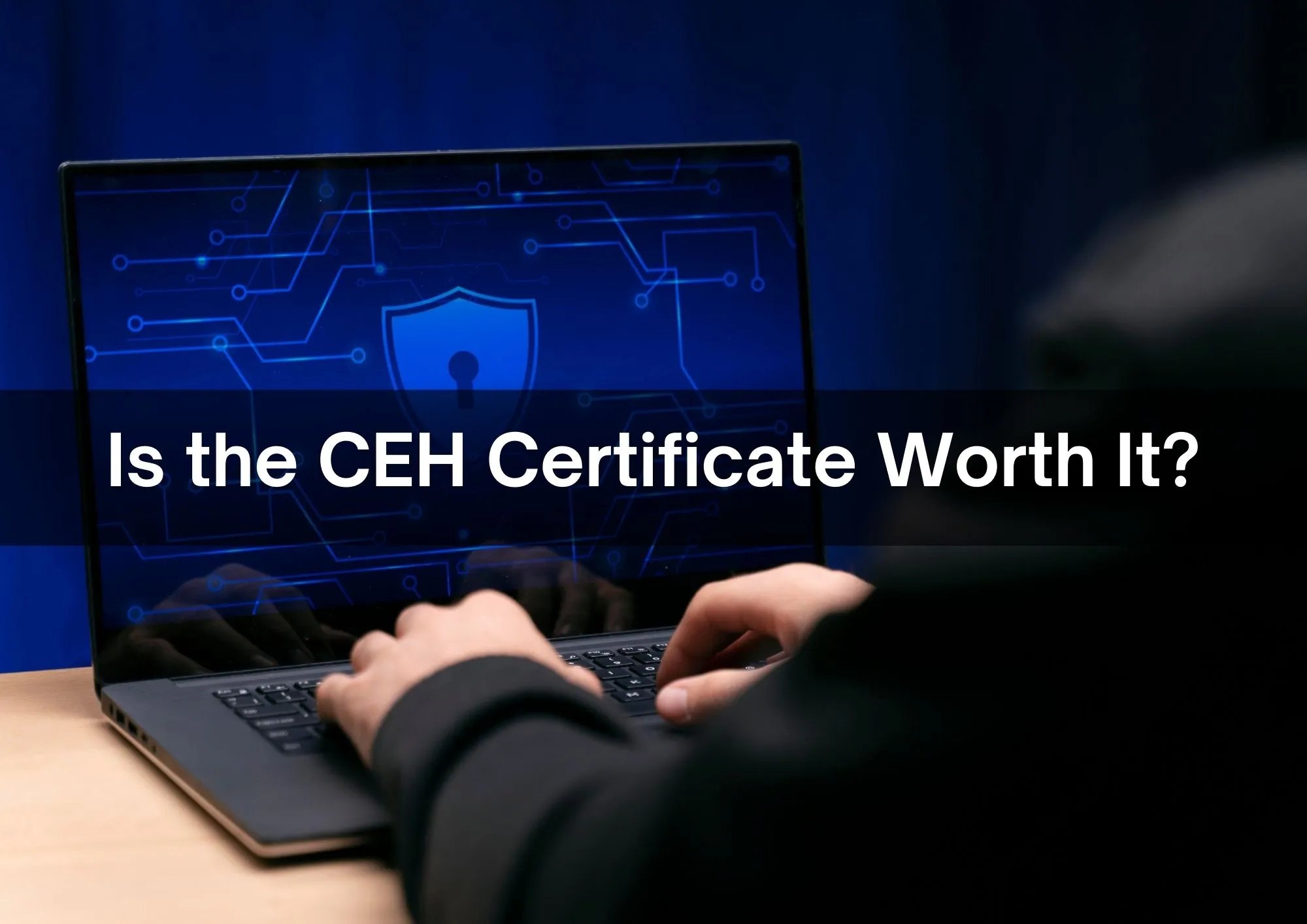Cybersecurity for Small Businesses in UAE: A Must-Have, Not a Maybe
In the advanced digital age, cybersecurity is no longer a pricey for massive organizations; it’s a non-negotiable necessity for corporations of all sizes, particularly inside the UAE. With the increasing reliance on technology and the regular risk of cyberattacks, small corporations are specifically prone. A unmarried records breach can cripple a small organization, leading to economic losses, reputational harm, or even crook outcomes.
This weblog post will delve into the importance of cybersecurity for small agencies in the UAE, find out not unusual cyber threats, and offer sensible tips for shielding your digital property.

Why Cybersecurity Matters for Small Businesses in UAE
The UAE has witnessed rapid virtual transformation in cutting-edge years, with organizations more and more adopting cloud computing, e-change, and cell technology. While those improvements offer severa blessings, in addition they include inherent dangers. Cybercriminals are constantly evolving their methods, centered on small agencies with phishing attacks, malware, and ransomware.The consequences of a cyberattack on a small organisation can be devastating.
Financial Losses:
Data breaches can cause direct financial losses, which include the rate of recuperating stolen data, paying ransoms, and prison prices.
Reputational Damage:
A records breach can seriously damage a company’s reputation, foremost to lack of patron agree with and business business enterprise.
Legal Consequences:
Non-compliance with statistics protection guidelines, which incorporates the UAE Personal Data Protection Law, can result in hefty fines and criminal results.
Operational Disruptions:
Cyberattacks can disrupt company operations, main to downtime, loss of productiveness, and company disruptions.

Common Cyber Threats Targeting Small Businesses inside the UAE
Small corporations inside the UAE are in particular at risk of the subsequent cyber threats:
Phishing:
Phishing attacks incorporate sending fraudulent emails or messages that appear to be from legitimate sources, tricking recipients into revealing sensitive information.
Malware:
Malware is malicious software that can infect computer systems and networks, permitting attackers to steal statistics, disrupt operations, or take control of gadgets.
Ransomware:
Ransomware encrypts a victim’s files and wishes a ransom price for his or her release.
Social Engineering:
Social engineering assaults make the most human psychology to manipulate individuals into acting moves or divulging exclusive data.
Insider Threats:
Insider threats get up from malicious or unintended moves via manner of personnel or contractors.
Essential Cybersecurity Measures for Small Businesses in the UAE:
Small businesses in the UAE should have the following cybersecurity safeguards in place to guard against online threats:
Strong Passwords and Authentication:
- Enforce strong, unique passwords for all accounts.
- Implement multi-factor authentication (MFA) to add an extra layer of security.
- Regularly update passwords and security questions.
Employee Training and Awareness:
- Conduct regular cybersecurity awareness training sessions for employees to raise awareness of common threats and best practices.
- Educate employees about phishing attacks, social engineering, and the importance of data security.
- Establish clear policies on data handling and security protocols.
Data Backup and Recovery:
- Regularly back up critical data to a secure off-site location.
- Implement a disaster recovery plan to ensure business continuity in case of a cyberattack.
- Test your backup and recovery procedures regularly to ensure they are effective.
Network Security:
- Regularly back up critical data to a secure off-site location.
- Implement a disaster recovery plan to ensure business continuity in case of a cyberattack.
- Test your backup and recovery procedures regularly to ensure they are effective.
Data Encryption:
- Encrypt sensitive data both at rest and in transit.
- Use encryption tools to protect customer data, financial information, and other confidential data.
Incident Response Plan:
- Develop an incident response plan to outline the steps to be taken in case of a cyberattack.
- Identify key personnel and their roles in the event of an incident.
- Regularly test and update your incident response plan.
Compliance with Regulations:
- Stay informed about and comply with relevant data protection regulations, such as the UAE Personal Data Protection Law.
- Conduct regular data protection audits to identify and address any compliance gaps.
Additional Tips for Small Businesses within the UAE:
- Use respectable cybersecurity carriers: Partner with legitimate cybersecurity vendors for services such as threat intelligence, vulnerability checks, and managed safety services.
- Conduct everyday security exams: Conduct everyday security exams to discover and address potential vulnerabilities to your systems and networks.
- Stay knowledgeable approximately rising threats: Keep up to date at the trendy cybersecurity threats and first-rate practices via subscribing to protection blogs, newsletters, and advisories.
- Build a way of life of security: Foster a way of life of safety inside your organization by using emphasizing the significance of cybersecurity to all personnel.
Conclsion
Cybersecurity is a essential issue of doing enterprise within the UAE. By imposing the measures outlined in this weblog post, small businesses can significantly lessen their chance of cyberattacks and guard their treasured belongings. Remember, cybersecurity is an ongoing process, now not a one-time restore. Regularly assessment and update your security features to live beforehand of evolving threats.









